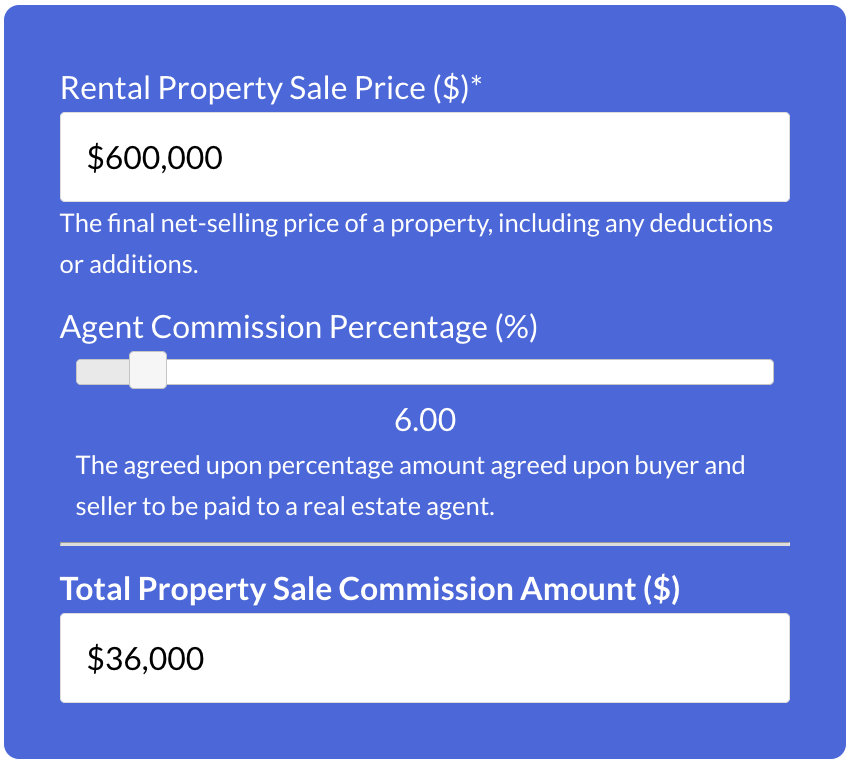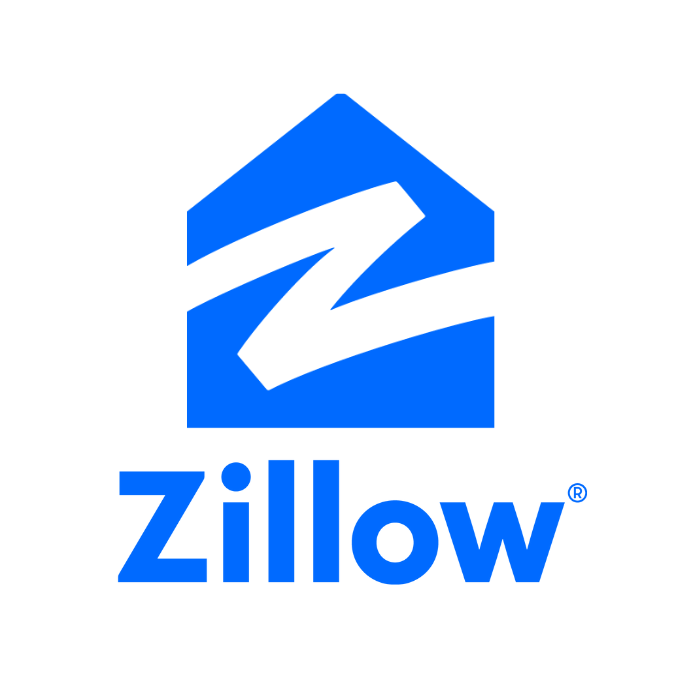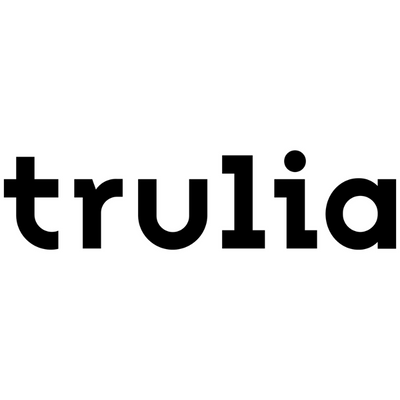Last Updated: January 2024

The complexity of selling a residential property typically depends on the type of property – is it a single family rental or a large multifamily building? Regardless of the specific property, there are many universal practices that go into residential rental property sales.
14 Steps – How to Sell a Residential Rental Property?
There can be many reasons to sell a residential rental property. Maybe you want to continue building your rental real estate empire with commercial properties, or simply need the money for other reasons. Below are 14 steps to help sellers navigate the process of how to sell a residential rental property:
1. Hire a Real Estate Agent
A good real estate agent associated with a reputable brokerage can net you far more than their commission when selling a property. Their market knowledge and negotiating skills to help overcome any inevitable challenges that arise in the selling process.
2. (Optional) Don’t Hire a Real Estate Agent
Alternatively, you can try to go the for sale by owner (FSBO) route by trying to sell yourself, or even try an iBuyer or instant cash offer service. These 3 alternative approaches all require additional effort on your part, or the acceptance of potentially selling the property at a discount in exchange for a faster and hassle-free experience.
3. Determine the Property’s Value
Determine a fair asking price based on the property’s value and comparable sales in the area. A real estate agent usually can help determine this through other comparable sales data, or you can hire an appraiser for an additional fee.
4. Consider Tax Implications
Consult with a tax professional to determine any tax liabilities associated with the sale of the rental property and to explore potential tax benefits.
5. Check Local Tenant Laws
New buyers may want the property vacant or a particular tenant out. Be sure to check local landlord-tenant laws to understand what is allowed, not allowed, and may be required to relocate tenants.
6. Decide on a Selling Strategy
Determine whether to sell the property as-is or make any necessary repairs or upgrades before listing. Strategies will vary as each property has its own strengths and weaknesses. The best strategies typically involve creating a campaign that focuses on the strengths of that particular property.
7. Prepare the Property For Sale
Gather all lease agreements, make any necessary repairs and give the property some curb appeal to attract potential buyers.
8. List the Property
Your real estate agent should advertise the property through multiple channels, such as online real estate websites, social media, colleagues, and investor networks.
9. Show the Property
Your real estate agent will schedule showings and hold open houses (if applicable) to give potential buyers a chance to view the property. If it is a larger multifamily or not suitable for open houses, your agent will likely do private scheduled tours.
10. Receive and Review Offers
Review offers and negotiate terms with potential buyers until you reach a mutually agreeable price.
11. Enter Into a Contract
Once you have accepted an offer, enter into a legally binding contract with the buyer.
12. Escrow, Contingencies, and Inspections
Once there is an agreed upon contract, both buyer and seller go into escrow which can usually be 30 days or longer. During this period, there can be contingencies that may need to be cleared for the sales process to continue. Furthermore, the buyer usually orders an appraisal and performs physical inspections while working through a series of administrative requirements including satisfying loan approval conditions and completing a title search.
13. Close the Sale
Complete any final repairs or preparations, transfer ownership to the buyer, and receive payment for the property.
14. Use of Sale Proceeds
Selling a property can net you a large amount of capital if there is equity in the property. It is best to have a plan ahead of time of what you plan to do with the money, before it hits your bank account. Maybe consider a 1031 exchange if you still plan to keep growing your rental property portfolio.
The #1 Rental Property Newsletter
Once a month, we send out an exclusive Rental Property Market Update with top stories, current mortgage rates, building products, and more. No spam and unsubscribe anytime.


Try Our Rental Property Sale Commission
Calculator →
100% Free – No Sign Up Required
Where to Sell a Residential Property Online?
The search to buy and sell rental properties is now almost exclusively online. Online real estate listing websites have millions of listings with properties available to buy, sell, or lease. When selling a residential rental property, you will want to make sure that your property is on a listing website for residential properties for sale. These websites are typically free for buyers and renters to browse, but most charge the property owner a fee to list their property on the site. If you hire a real estate agent, they will usually syndicate it across many platforms, in addition to their local MLS, at no additional charge.
Selling Using a Residential Real Estate Agent


When selling an investment property such as an apartment building or single-family house, it’s important to find an rental real estate agent with experience in residential investment property sales and a strong understanding of the local real estate market. A good agent should be able to provide guidance on pricing, marketing strategies, and favorably negotiating the terms of the sale. Additionally, they should be able to work with existing tenants and address any concerns they may have throughout the sales process.
Residential Sales Companies












When using a real estate agent to sell your residential rental property you may notice that they are usually associated with a particular larger company called a brokerage. Real estate brokerages hold individual real estate agent’s licenses and provide their agents with access to helpful resources through shared networks. Residential real estate brokerages can range from local small multi-person companies, to multinational brands with thousands of agents. There are also specialized brokerages who focus on residential properties such as single family homes and apartments. Much like choosing a brand of car or associating with a favorite sports team, real estate agents carefully select their brokerage to help maximize their growth and sales potential.
About the Author


Ryan Nelson
I’m an investor, real estate developer, and property manager with hands-on experience in all types of real estate from single family homes up to hundreds of thousands of square feet of commercial real estate. RentalRealEstate is my mission to create the ultimate real estate investor platform for expert resources, reviews and tools. Learn more about my story.












